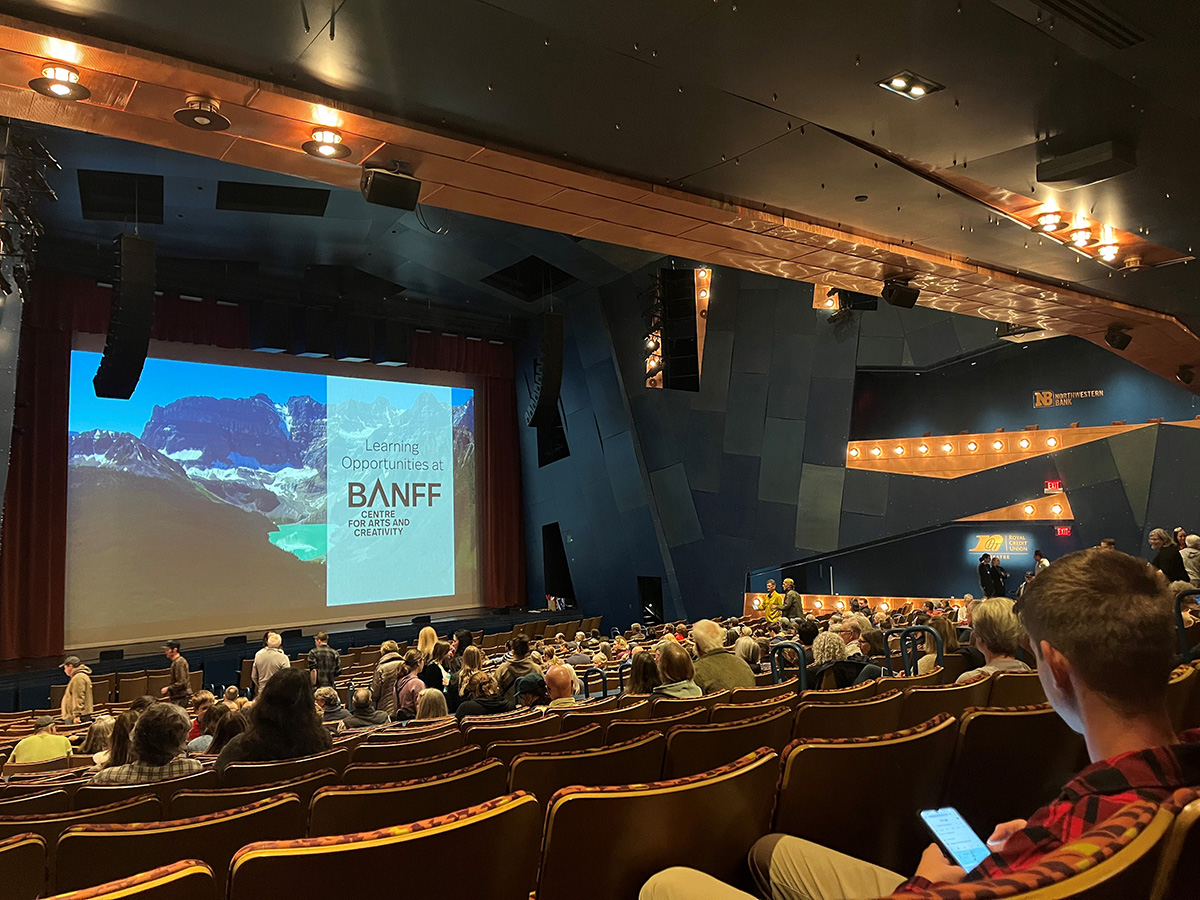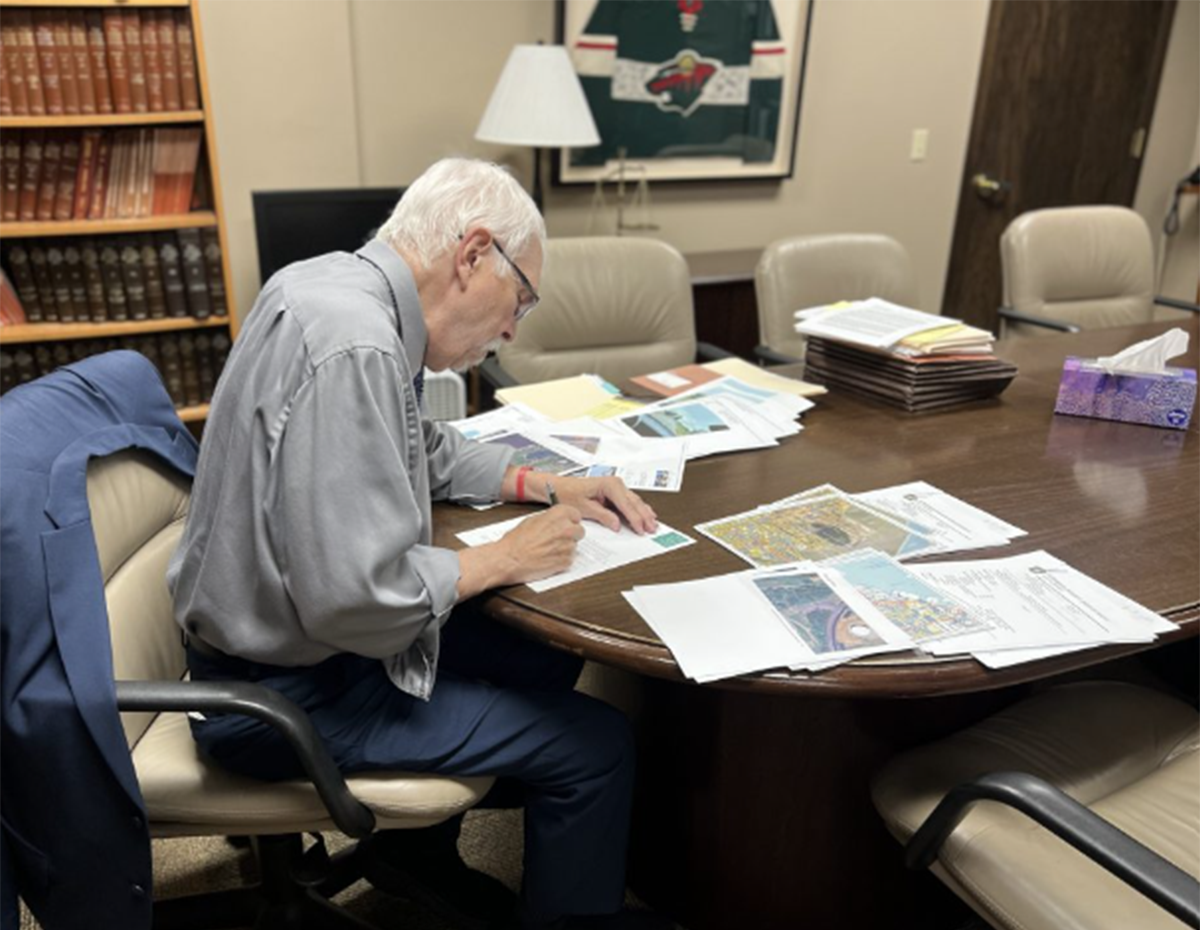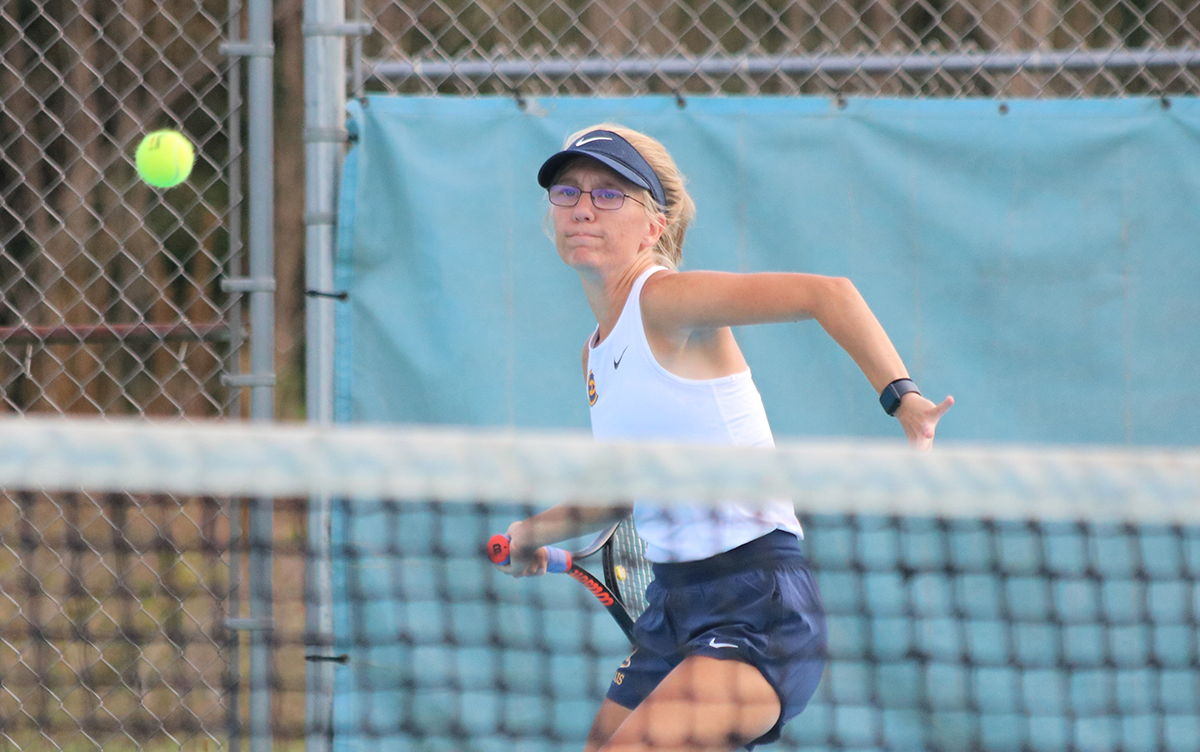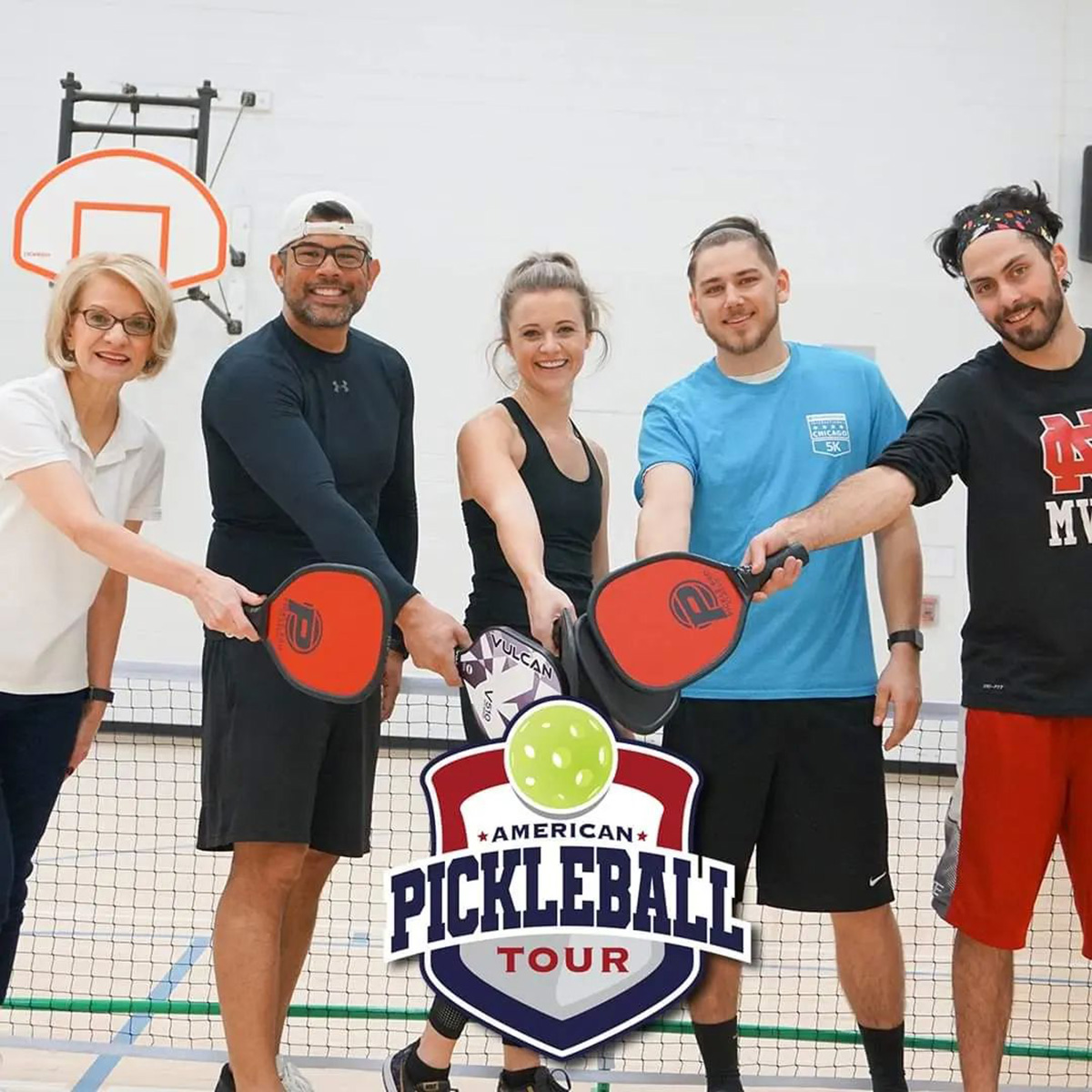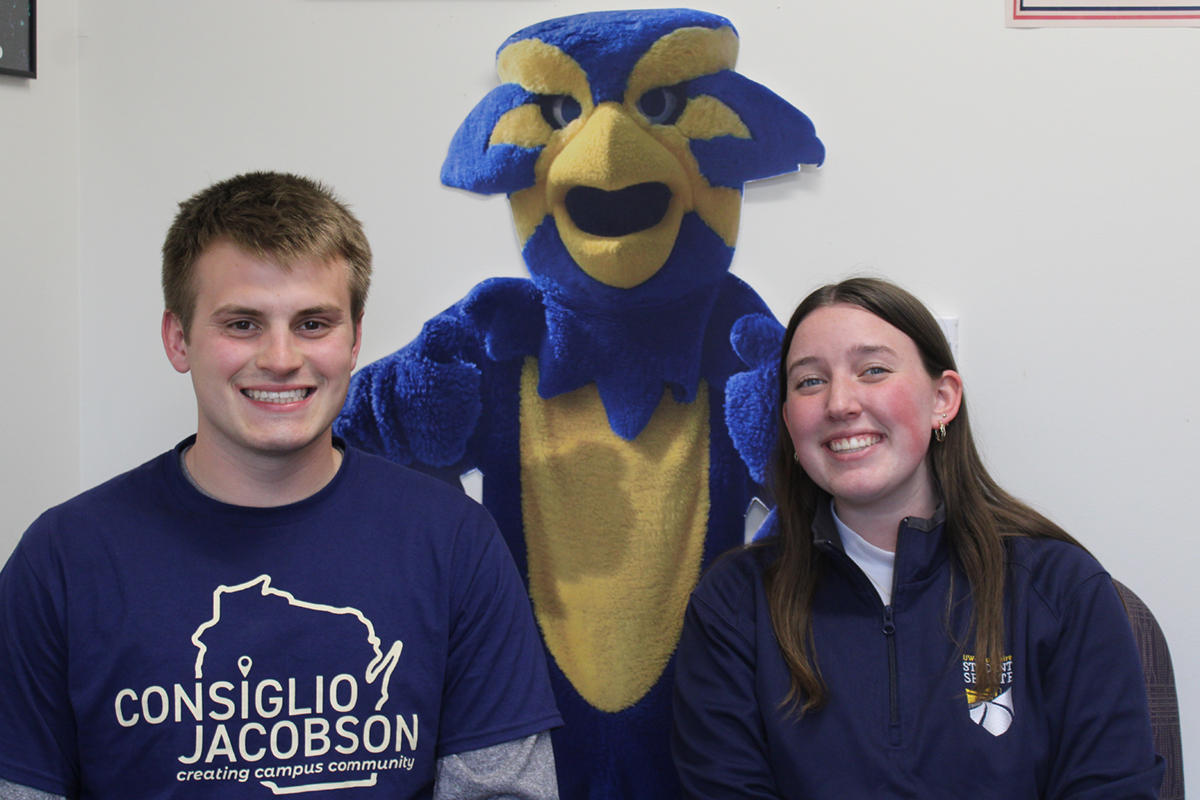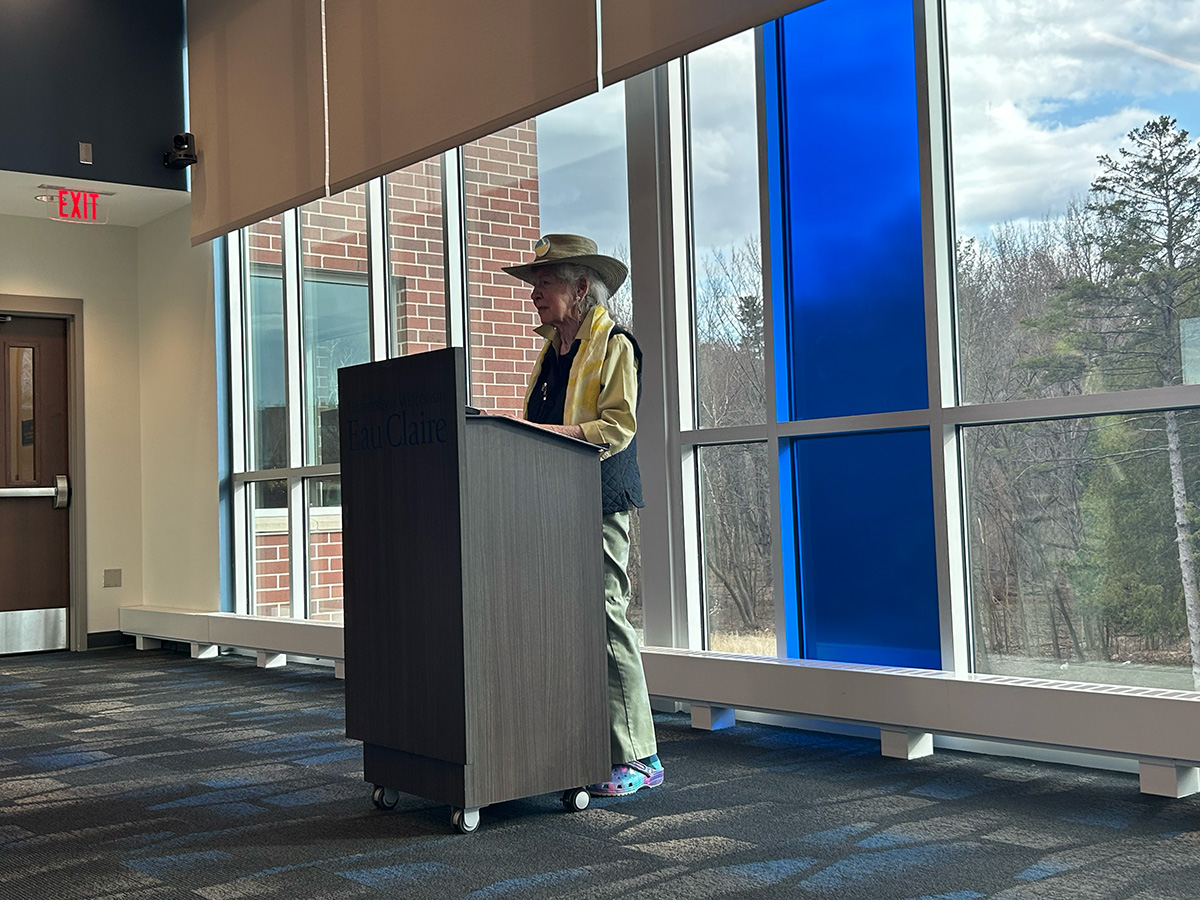It is hard for her to admit it now, but as a young girl, Mai Neng Vang was embarrassed by her Hmong heritage.
“I was really ashamed of being Hmong,” she said. “I definitely felt I was the ‘other’ amongst my group of white friends. For a really long time, I didn’t want anything to do with my heritage.”
Vang, a junior at UW-Eau Claire, decided in fourth grade to stop speaking Hmong at school, partly to improve her English skills and partly because of her own shame. She said she was never bullied in school because of her ethnicity, but she felt more comfortable around her white friends.
This may seem strange coming from the person who was the driving force behind UW-Eau Claire’s Hmong Heritage Month, celebrated for the first time in April of this year. Vang’s friend Samara Gaitan, who is Hispanic, said Vang’s heritage is a large part of her personality today.
“We talk about what it feels like to be in the minority,” Gaitan said. “You can definitely tell that it’s something that Mai Neng really cares about.”
But Vang said coming to grips with her Hmong heritage took a long time. She began getting more and more comfortable in middle school, and she fully embraced her Hmong heritage after learning about the Vietnam War for the first time early in high school. She had aspirations to capture her grandfather Te Thao’s countless stories on video so the culture would live on.
Then, on March 25, 2011, her grandfather died.
Mai Neng Vang was born in the Chiang Kham district of northern Thailand. Both her mother’s and father’s families fled Laos after the Communist takeover following the Vietnam War. Vang’s father’s family actually stayed in the jungles of Laos for 4 years after the takeover as members of Chao Fa, a resistance group dedicated to returning to Laos.
Vang’s parents left the Thai transition camp they lived in and moved to Eau Claire when Vang was 4 years old. She said memories of her first four years are fuzzy.
“It’s really unclear to me what is real and what isn’t, so I don’t remember very much,” she said.
Because of her struggles accepting her identity, Vang said it has been important to her to help younger Hmong people gain an understanding of their heritage and culture at an early age. Her grandfather’s stories were things she always loved to listen to as a child, but she said she never fully appreciated the scope of the stories until high school.
Her mother Xue Thao, through her daughter acting as translator, said she began noticing Vang taking an active interest in her heritage during middle school. Thao said her daughter began asking questions about her family’s history at this time, and her interest only grew as the years passed.
Her grandfather’s passing had a major effect on her emotionally. But she said his death did give her a greater sense of mortality and urgency.
“I just realized that life is so short,” she said, fighting back tears. “I just wanted to get started as soon as I could.”
But her idea was still just that: an idea. She said she had been mulling some sort of Hmong celebration ever since her freshman year, when she attended a conference at which such celebrations on other campuses were mentioned. But the project really began to take shape at the end of last semester.
Planning for Hmong Heritage Month began in earnest last October, when Vang approached Associate Dean of Student Development Jodi Thesing-Ritter with her idea to celebrate Hmong culture. Committees were formed in December to look at the logistics of such a large-scale event. Junior Xeeyee Kha, president of the Eau Claire Hmong Student Association and a friend of Vang’s, was on these first committees.
“Mai Neng is a person who stays on top of things,” Kha said. “She will sacrifice her sleep to make sure that something goes right.”
Vang worked closely with several people during the planning process, including Thesing-Ritter and Kha, but took on much of the responsibility herself. Vang’s husband, Peng Sue Lor, said his wife can have a hard time asking others for help, which can lead to her overworking herself. He said that he and his wife have had to set aside certain times to talk during the semester because of her busy schedule.
“I’ve never seen anyone work that hard before,” Lor said of his wife. “Sometimes I’m afraid for her, she’s working so hard.”
The Hmong Heritage Month events kicked off April 2 and ended April 29. During the month, there were numerous events, including a Hmong luncheon, panel discussions and a storytelling night, which Gaitan attended and said was very entertaining. Vang said her mother was supposed to speak at storytelling night but forgot due to her bad memory, which Vang jokingly said she inherited from her mother.
The final event of Hmong Heritage Month was “Hmong’s Got Talent,” a show that Vang said was a great way to end the month of celebration and education. When reflecting on her work, Vang said her favorite part of the month was the impact it had on some Hmong student’s lives.
“The best thing I’ve gotten from this is getting a couple emails from students on campus saying, ‘I’ve never been more proud to be Hmong,’” she said. “That to me is really empowering. It reminds me of why I’m doing what I’m doing.”
Lor said that by putting Hmong Heritage Month together, Vang was able to tap into something many Hmong students have been trying to find themselves.
“She’s somehow found what every Hmong kid wanted to see in their community,” Lor said. “Even I am amazed that she could pull this together.”
Vang’s hardworking nature extends beyond just Hmong Heritage Month. Heather Harris, lead researcher for Blugold Beginnings, said Vang’s work ethic has always amazed her.
“Any little piece that’s not put together in time, she’s picks up the pieces herself,” Harris said. “She’s constantly working.”
Vang was awarded a McNair Scholarship during the fall semester. These scholarships are available to first generation, low-income or minority students who intend on working for a doctorate. It is an extension of the Upward Bound program, which Vang was a part of during high school.
Vang has attended a four-day conference at Harvard University, studied abroad in Costa Rica and, with Harris, traveled to Utah for the National Conference on Undergraduate Research this past March. She has gone on ambassadorial trips for Eau Claire, including one trip last fall with Kha to a high school in Minnesota. She is also a resident assistant on the ninth floor of Towers North.
Vang and Lor were married last August after a two-year engagement. She said they planned on waiting until she graduated from Eau Claire, but Lor’s father became very sick. The two decided to have the wedding early so Lor’s father could be there.
Vang said balancing all these responsibilities and projects with being a daughter, wife and sister to seven siblings has proven difficult at times, especially this semester. But she has tried to take some time to unwind.
“I go home on weekends sometimes to spend time with my family or with my husband’s family,” Vang said. “I do spend a lot of time working, but I do get a chance to relax once in awhile.”
Gaitan said that all the work Vang does is reflective of the kind of person and friend she is.
“I’m very grateful to be Mai Neng’s friend,” she said. “She’s an incredible person and definitely someone I look up to.”
Not surprisingly, Vang plans to keep herself busy this summer. Her idea to film her grandfather’s stories has evolved into a documentary project aimed at capturing the traditions of and life in America for older Eau Claire Hmong residents.
Vang’s mother said she is very proud of her daughter for bringing Hmong history and heritage to the forefront. Vang said she wants the project, and the rest of her work about Hmong history, to honor her grandfather.
“(My grandfather’s) last words to me were, ‘I’m very sorry you couldn’t record my stories,’” she said. “There are so many stories that need to be told.”

